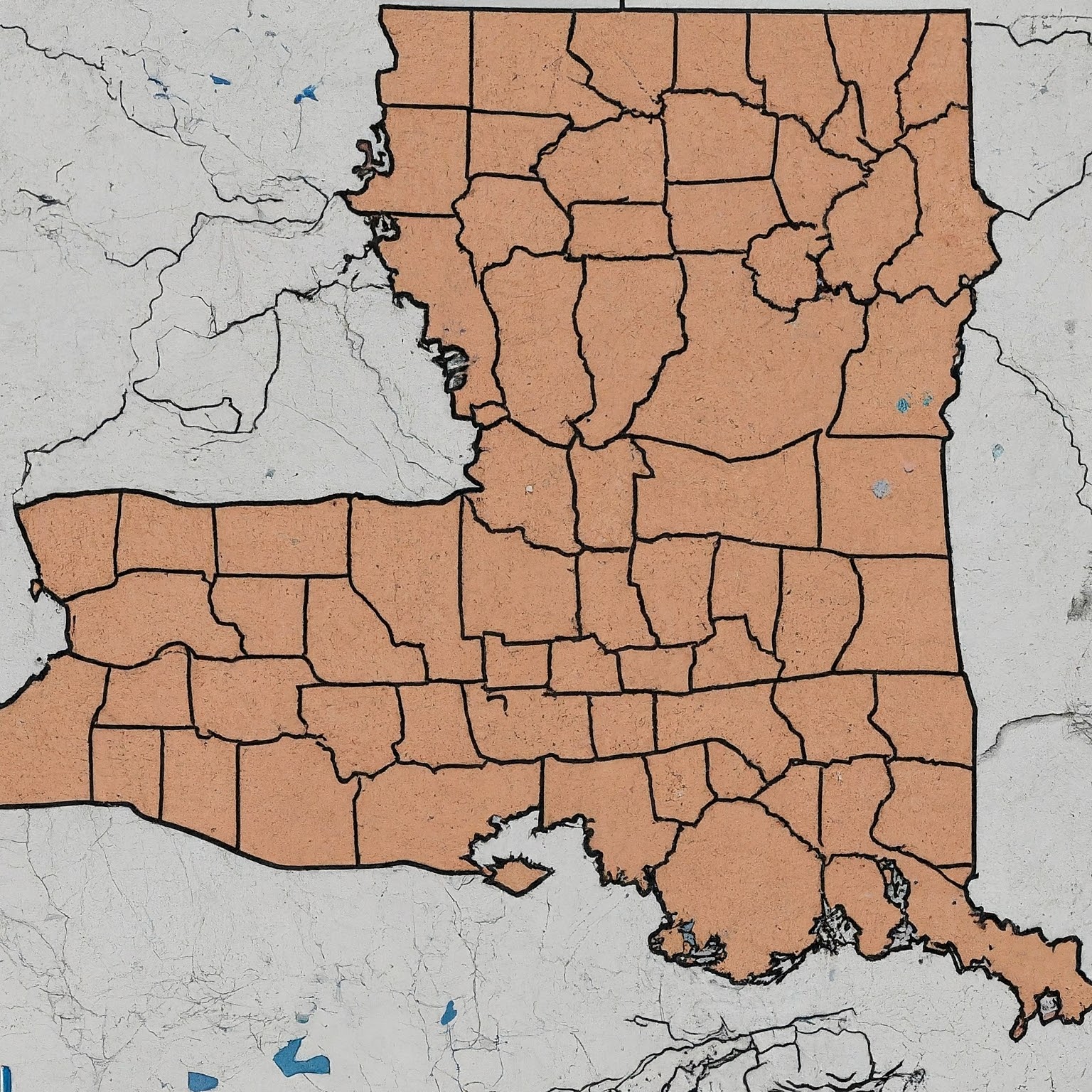
Introduction
Meet Dr. Sarah Thompson, a board-certified OB-GYN who’s practiced in Louisiana for over 20 years. Dr. Thompson has witnessed firsthand the positive impact of safe and accessible abortion services. Now, with Louisiana’s near-total abortion ban, she fears for the well-being of her patients. This law not only restricts a woman’s right to choose but also creates undue risks for their health.
Headings
- Louisiana’s Legislative Landscape: A History of Restrictions
- Understanding the Current Ban: What It Means for You
- The Impact: Beyond Abortion Access
- Your Health, Your Rights: Taking Action in Louisiana
- National Support: We’re Stronger Together
- Looking Forward: Resources and Advocacy Groups
Louisiana’s Legislative Landscape: A History of Restrictions
Louisiana has a long history of enacting legislation that restricts abortion access. Even before the overturning of Roe v. Wade, the state had multiple laws limiting abortion availability, including mandatory waiting periods, parental consent requirements for minors, and unnecessary clinic regulations.
Understanding the Current Ban: What It Means for You
Louisiana’s current near-total abortion ban criminalizes abortion with very few exceptions. Termination of a pregnancy is only legal if the mother’s life is at risk or in cases of “medically futile” pregnancies, where the fetus has a fatal abnormality. This means that even in cases of rape or incest, a woman is forced to carry the pregnancy to term.

Informative Table: Key Provisions of Louisiana’s Abortion Ban
| Provision | Description | Impact |
|---|---|---|
| Near-total Ban | Abortion is illegal except in limited circumstances | Restricts a woman’s right to choose |
| Exceptions | Only to save the mother’s life or in “medically futile” pregnancies | Limited access to safe abortion |
| No Exceptions for Rape or Incest | Survivors are forced to carry the pregnancy | Increased physical and emotional trauma |
The Impact: Beyond Abortion Access
The impact of Louisiana’s abortion ban extends far beyond restricting abortion access. It creates a chilling effect on healthcare overall. Doctors may hesitate to provide necessary care for fear of legal repercussions, leading to a delay in diagnosing or treating pregnancy complications. Additionally, this ban disproportionately affects low-income women and women of color, who already face greater barriers to healthcare.
Your Health, Your Rights: Taking Action in Louisiana
Despite the challenges, there are ways to fight for reproductive freedom in Louisiana. Here’s what you can do:
- Contact your legislators: Voice your opposition to the abortion ban and advocate for legislation that protects reproductive rights.
- Donate to organizations: Support groups that provide resources and legal assistance to women seeking abortions.
- Volunteer your time: Help educate others about the importance of safe and legal abortion access.
- Participate in peaceful protests: Join with others to make your voice heard and demand change.
National Support: We’re Stronger Together
Remember, you’re not alone in this fight. Numerous national organizations are dedicated to protecting reproductive rights. These groups can provide resources, legal support, and advocacy tools.










